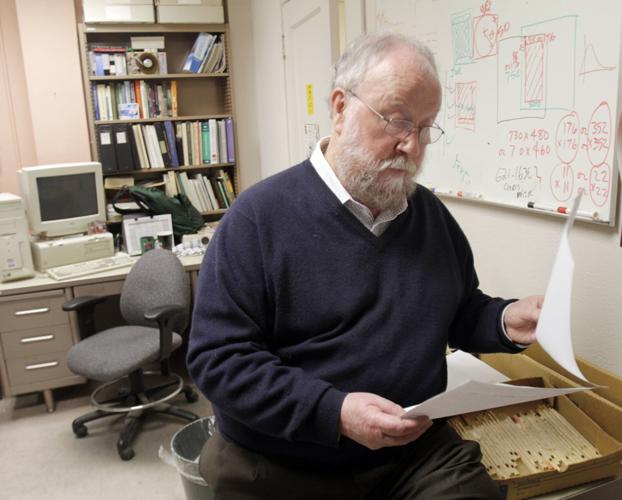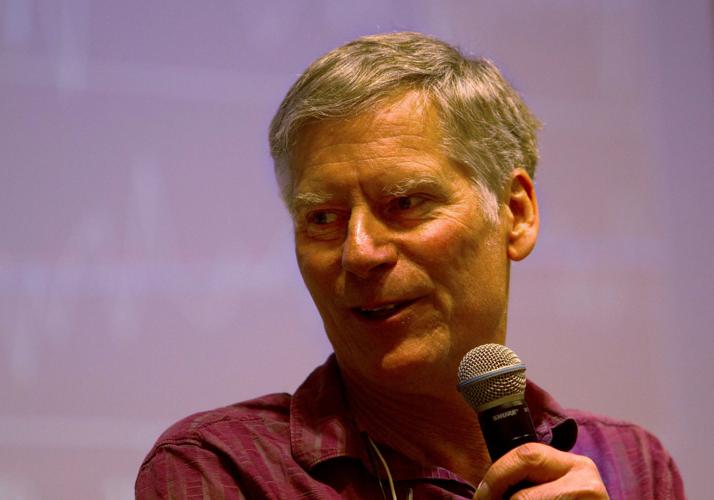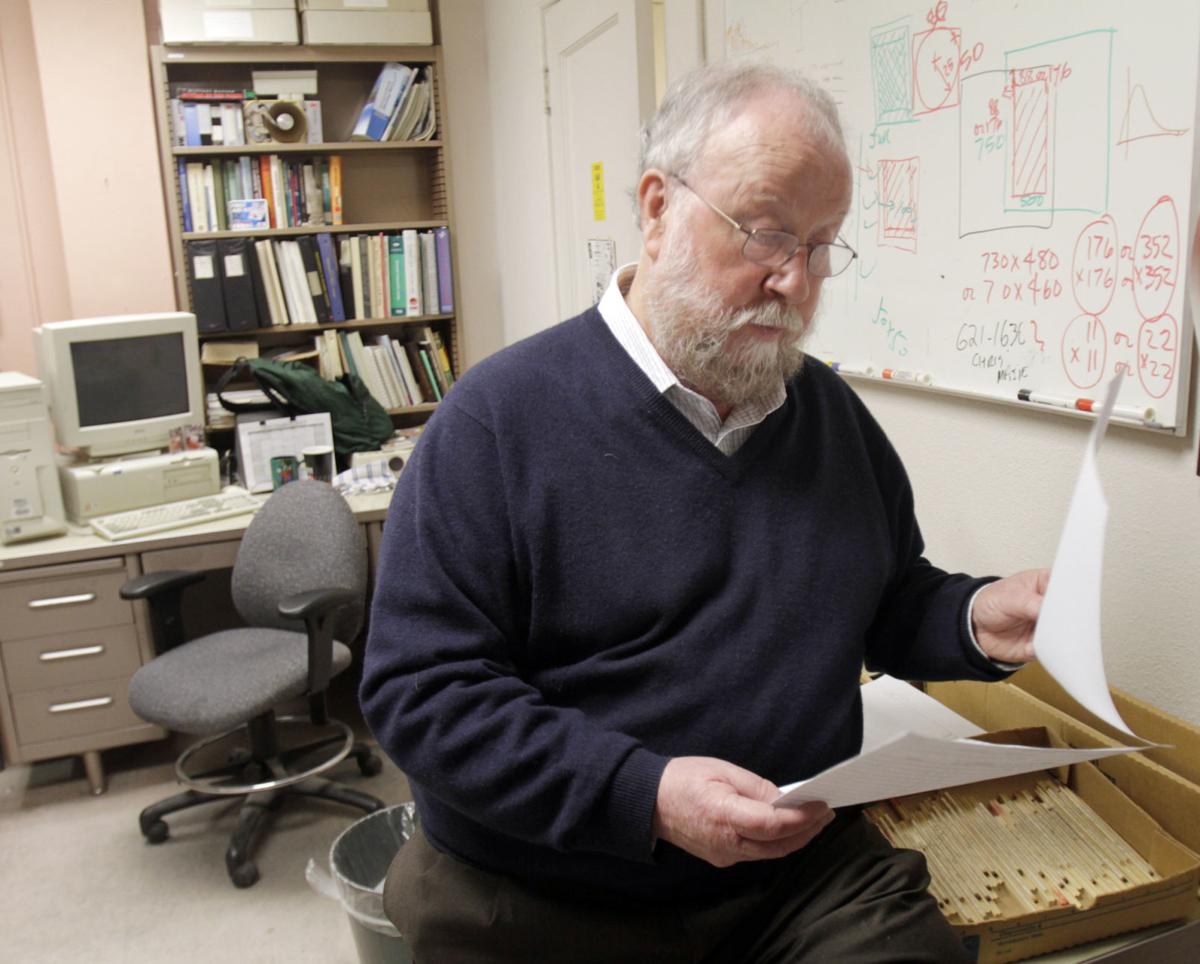PHOENIX — An organization that questions the role of humans in climate change is going to get access to the emails and records of work done by two scientists at the University of Arizona in its bid to argue that their research is flawed.
The Arizona Supreme Court on Wednesday rejected a last-ditch effort by the Arizona Board of Regents to overturn lower court rulings that ordered the documents immediately released. While the justices did not comment on their decision, they effectively rejected arguments by the Board of Regents that release would be “contrary to the best interests of the state.”
David Schnare, attorney for the Energy & Environment Legal Institute, said the only question that remains is how quickly the university will surrender the documents his organization first sought seven years ago.
At the heart of the legal battle are emails and other documents from Jonathan Overpeck and Malcolm Hughes, who both specialize in research on climate change.
Schnare said E&E is particularly interested in their work since it became a crucial part of a report that linked human activity to global warming. And that report, in turn, has become the basis for policy changes that have sought to move away from the use of fossil fuels for energy generation because of the production of “greenhouse” gases like carbon dioxide.
What the institute wants to see, Schnare said, is the interaction the pair had with other scientists as the report was being prepared. He said that should reveal if there were comments from others “that were never included or never seriously considered.”
“How these reports are put together and how these comments are dealt with is a valid question with regards to reliance on this report,” Schnare said. “One has to ask, just because they claim they had a lot of experts involved, was it an honest piece of work or not.”
Messages left with Hughes, who is still at the UA, and Overpeck who is now with the University of Michigan, were not immediately returned.
Schnare said he is not saying that either scientists did anything wrong or even that their research is erroneous. But he said the only way questions can be answered is through full release of all the documents that were being considered.
Still, Schnare acknowledged that his client has a bias of sorts. E&E describes itself as a nonprofit that engages in litigation to hold accountable “those who seek excessive and destructive government regulation that’s based on agenda-driving policy making, junk science and hysteria.”
He said E&E does not doubt the climate has been changing. And Schnare is even willing to say there is some evidence that temperatures are rising.
The question, he said, is why.
“The globe’s been warming up because of that cool period we had,” he said, going back to the Ice Age.
“There’s only one direction to go and that’s up,” Schnare continued. “And at some point there’s only going to be one direction to go. It’s going to be down again.”
And he said the theories that increased production of greenhouse gases traps heat and is causing major temperature changes is not necessarily borne out by the research.
In filing the original lawsuit, Schnare said Overpeck was prominent in the “cause” of global warming, including “activism for environmental pressure groups.”
Schnare also said the pair came to his group’s attention after a server at a British university was hacked, disclosing thousands of email exchanges between academics and others involved in climate research.
Some of what was found was labeled “climategate” and is being used by groups to show that global warming is just a conspiracy.







